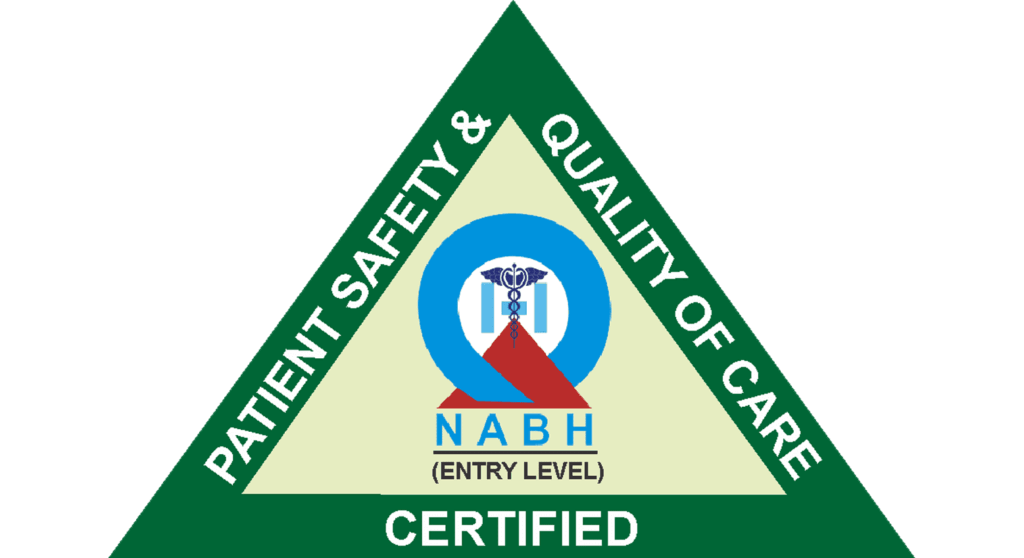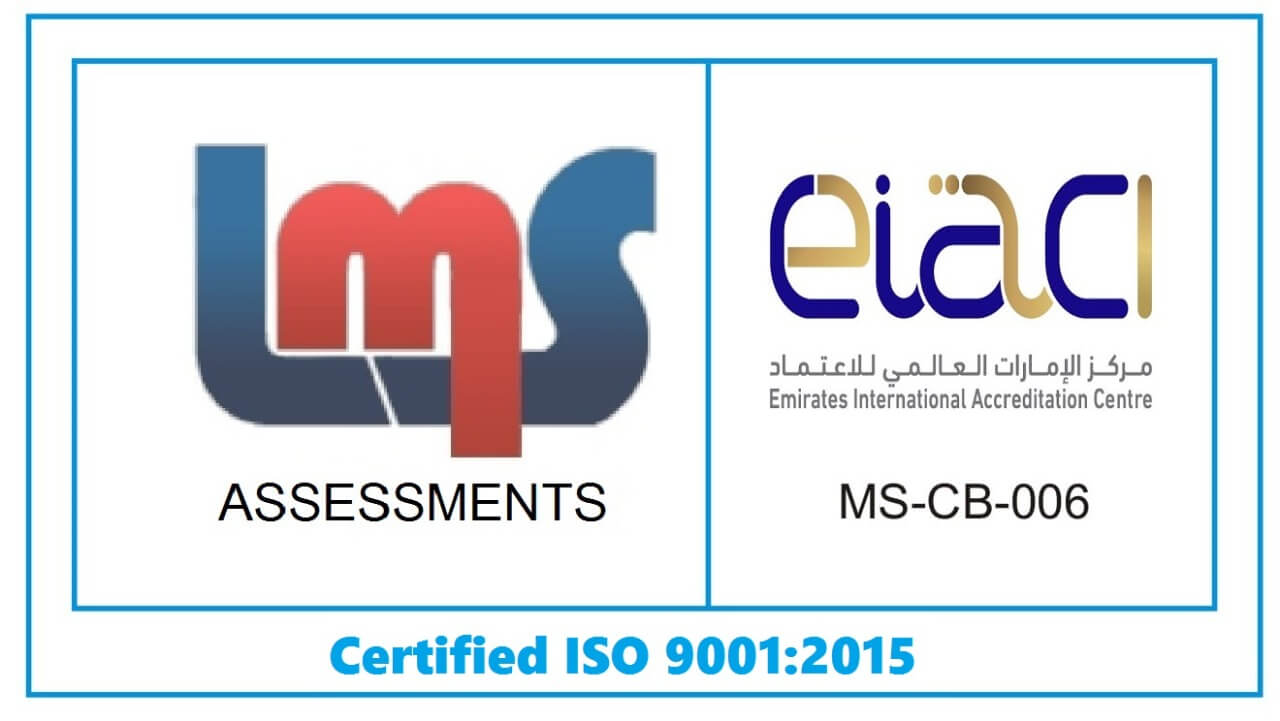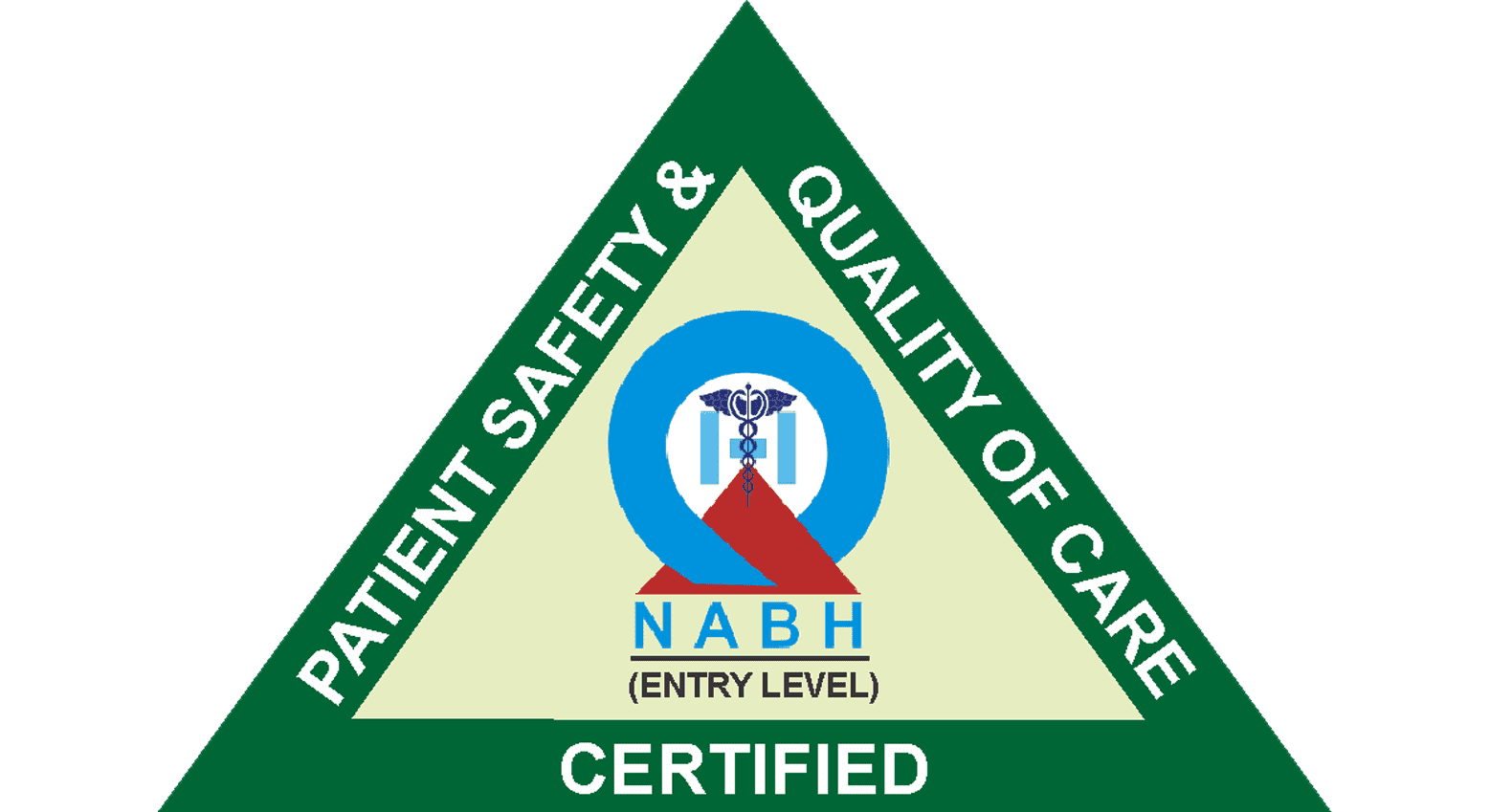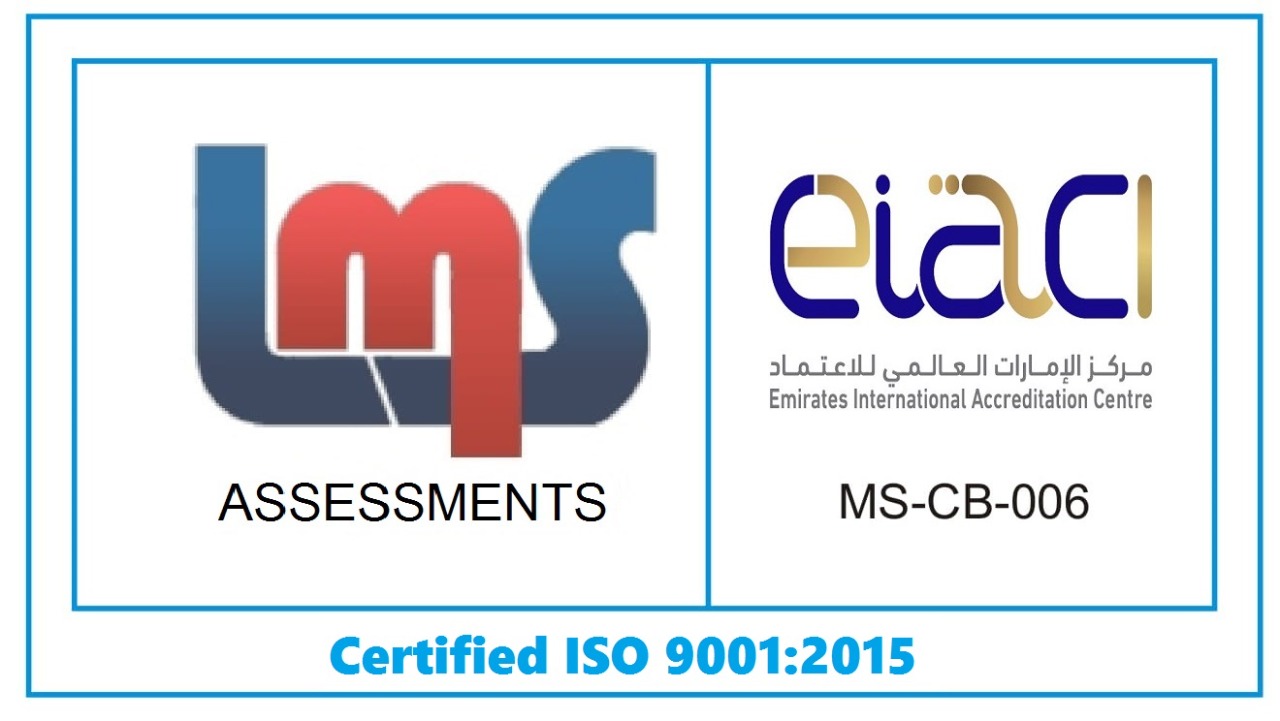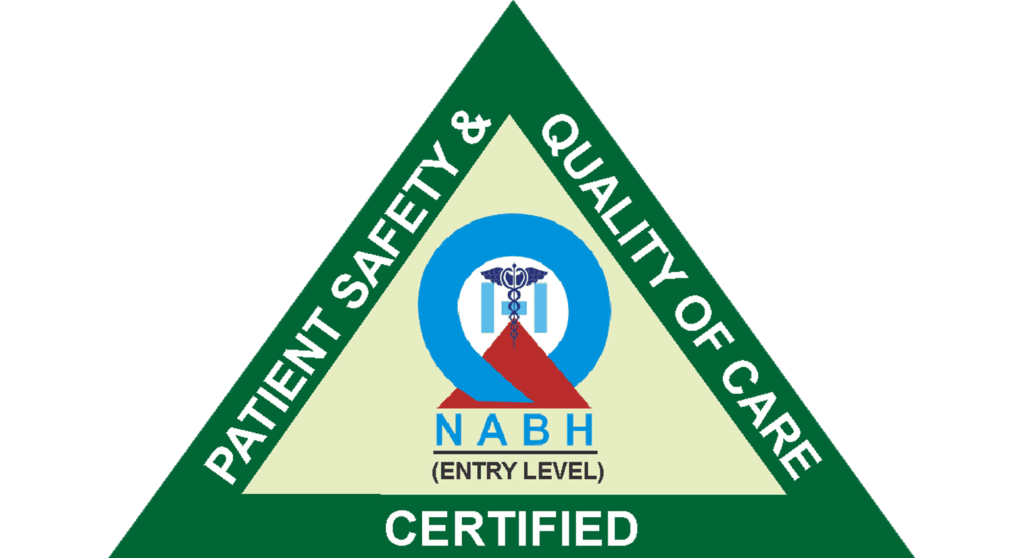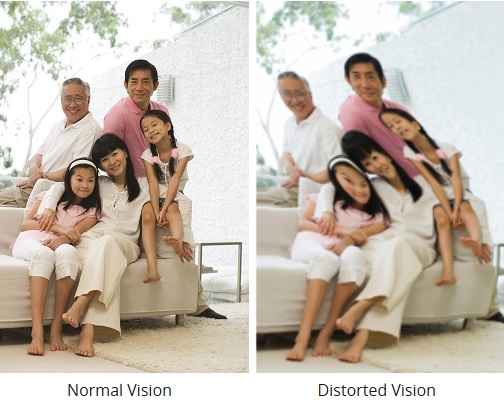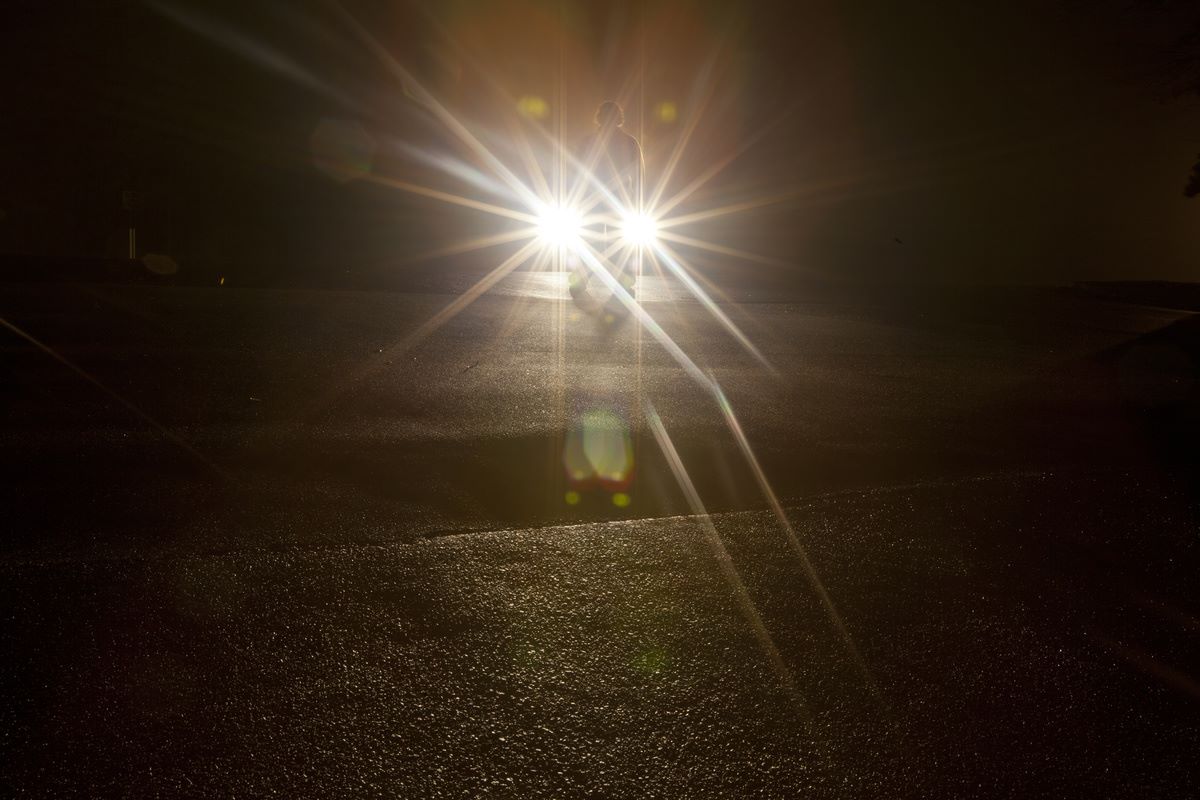Cataract Treatment in Vileparle and Santacruz
Cataract Diagnosis & Treatment

Cataract Surgery
Best cataract eye specialist in Mumbai
What is Cataract?
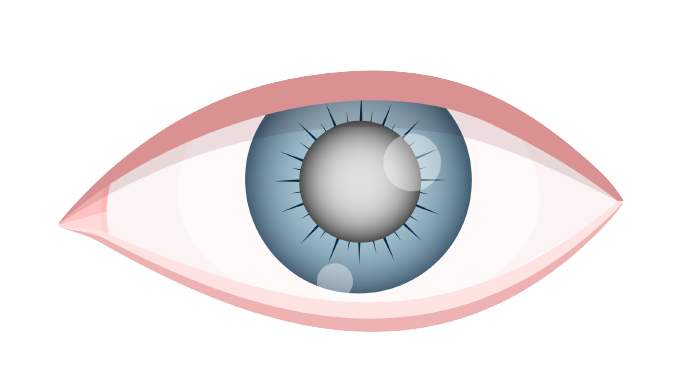
Cataract Symptom Checker
Cataract Symptom Checker
- Having blurry vision
- Distorted vision such as ghost images
- Seeing faded colors for bright colors
- Difficulty seeing in poor lighting conditions
- Seeing “halos” around lights
- Fading of colours

- Cloudy or blurred vision
- Distorted or double vision
- Sensitivity to light and glare
- Difficulty in seeing in poor lighting
- Seeing “halos” around lights
- Fading of colours


What Causes Cataracts?
Incomplete recovery from previous surgery
- Untreated eye conditions
- Exposure to UV rays and sunlight
- Side effects of certain medications
- medical conditions like diabetes
- Family history of cataracts
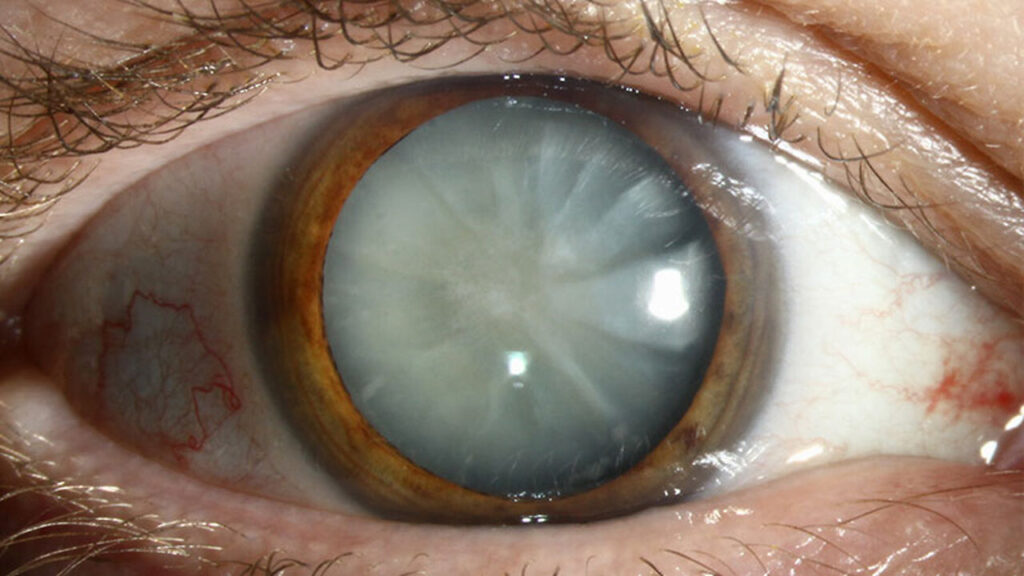
Cataract Treatment in Mumbai
Cortical Cataract- As the name suggests the ocular opacity starts developing on the outer edge of the eye lens mostly after the age of 40 years. This is one of the most common conditions that develops due to the breakdown of the eye protein in the lens.
Intumescent Cataract- As the name suggests, this develops due to heat exposure and flames causing irritability to the eyes. This is a complicated form of natural lens opacity that has both opacification and swelling of the lens. Hence, get an appointment quickly for your early treatment from the best cataract surgeon in Mumbai
Nuclear Cataract- This develops in the center of the lens nucleus and occurs in the late 40s forming a cloudy and blurry vision of the objects placed at a distance. This common eye condition can be appropriately treated at Sai Deep Clinic popularly known as the best Cataract surgery best hospital.
Posterior Subcapsular Cataract- The opacification at the cornea develops at the posterior or back portion of the eye lens. The lens clouding complication occurs because of the central position occupying the papillary area causing autoimmune disorders.
Congenital Cataract- An eye-related condition based on age subset develops before or within the first year of a baby’s life due to a faulty gene and can be easily cured through an eye- surgery if treated by a specialized healthcare eye- surgeon.
Traumatic Cataract- Ocular lens trauma or disorder occurs due to aging or severe eye- accident causing the risk of hazy or cloudy vision and sometimes vision- loss. The traumatic eye-clouding condition captures the lens capsule after the blunt or penetrating ocular trauma.
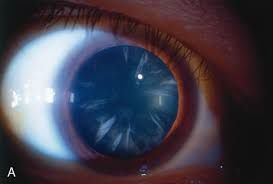
Cortical Cataract
As the name suggests the cataract starts developing on the outer edge of the eye lens mostly after the age of 40 years…
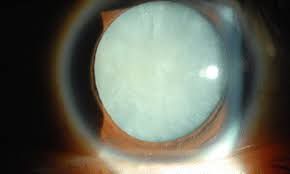
Intumescent Cataract
As the name suggests intumescent cataracts develop due to heat exposure and flames causing irritability to the eyes…

Nuclear Cataract
As the name suggests cataracts develop in the center of the lens nucleus and occur in the late 40s forming a cloudy and blurry…
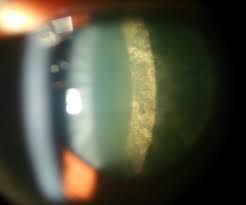
Posterior Subcapsular Cataract
The opacification at the cornea develops at the posterior or back portion of the eye lens. The cataract complication occurs…
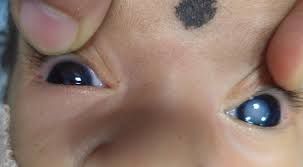
Congenital Cataract
A cataract based on age subset develops before or within the first year of a baby’s life due to a faulty gene and can be easily cured…
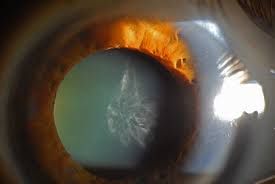
Traumatic Cataract
Ocular lens trauma or disorder occurs due to aging or severe eye- accident causing the risk of hazy or cloudy vision and sometimes vision- loss…
Risk Factors
How to Prevent Cataract
The clouding and burry of lenses is a very common eye- condition today. Hence, make a lifestyle choice to slow their progression. Sai Deep Eye Clinic is a pioneering top-rated hospital and a well-equipped clinic in Mumbai at both Santacruz and Vile Parle branches offering unmatched Cataract services. The doctor/ophthalmologists understand what natural lens opacity risks entail and are experienced enough to identify the potential threats. Above all, the clinic safeguards the menace today for a better future tomorrow.
- You can reduce the risk by regularly visiting the ophthalmologists for your eye- precaution. The hospital is known as the Best cataract eye specialist in Mumbai.
- Quit smoking to reduce the risk of eye cloudiness and stop further damage.
- Adopt a proper balanced nutrition diet and maintain a healthy weight.
- Prolonged exposure to UV radiation can contribute to lens turbidity formation.

Know More about Diagnosing Cataracts
- Visual acuity- This is a comprehensive ophthalmologic examination to determine the sharpness and clarity of your vision through different optotypes kept at a certain distance.
- Slit-lamp- This is an invasive test to find any refractive abnormalities and microscopically examine the various components of your eyes.
- Retinal exam- This is a diagnostic test to investigate and examine the retina and optic nerves in the eyes through retinal imaging. Your eye- the doctor will diagnose all diabetes- Retinopathy diseases.
ZEISS OPTICAL BIOMETER-IOL MASTER 500
ZEISS OPTICAL BIOMETER-IOL MASTER 700
Alcon Verion Image Guided System
Alcon Centurion Phacoemulsification System with ACTIVE SENTRY handpiece
Alcon Centurion Phacoemulsification System
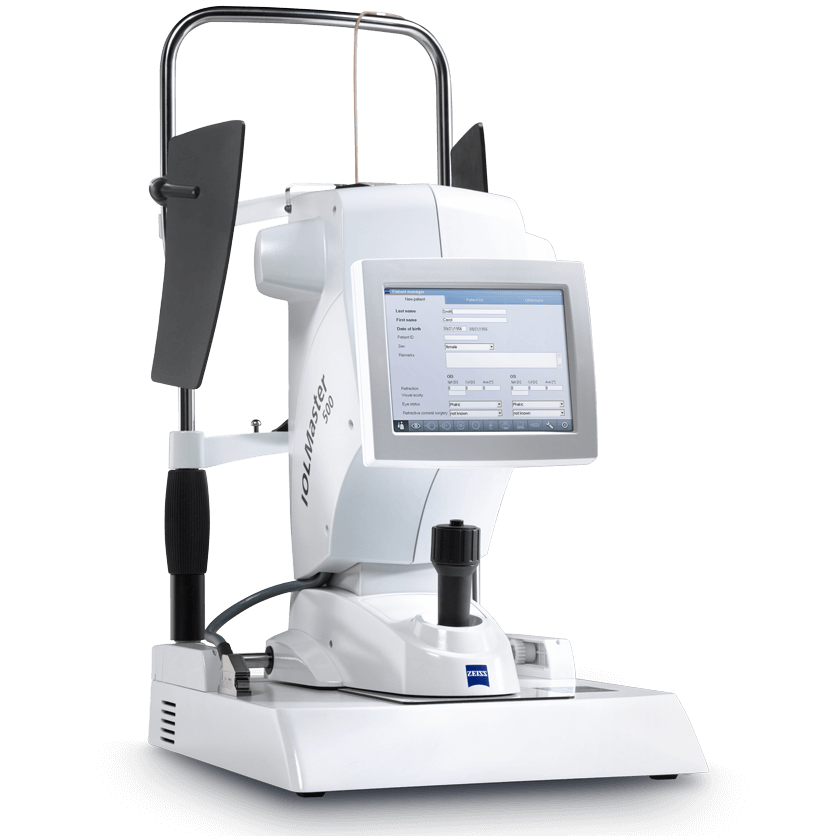
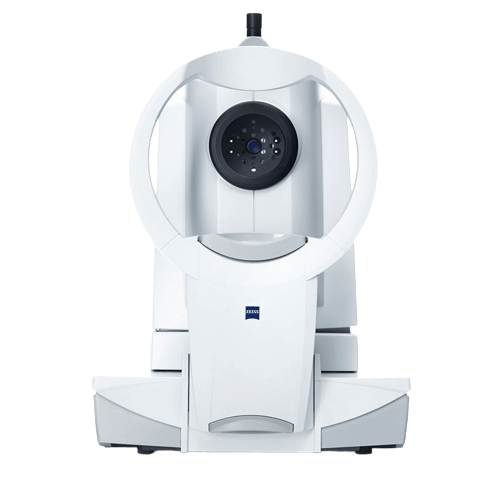
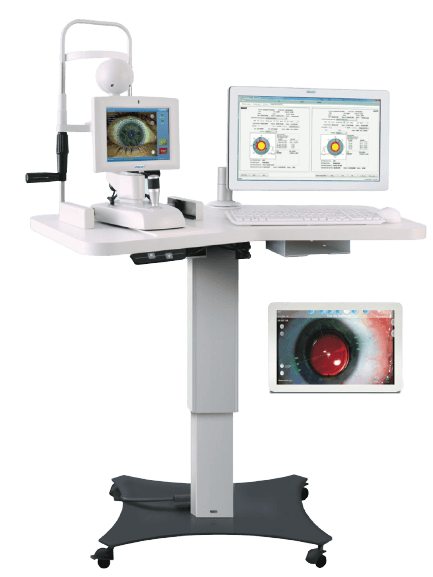
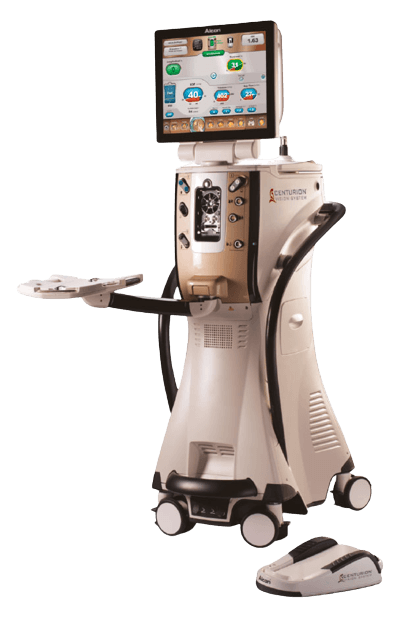
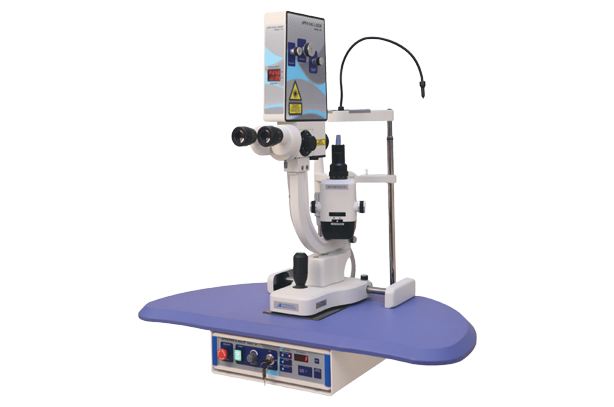
- To determine accurate measurements of an IOL power before cataract surgery
- Highly accurate and repeatable
- State of the art technology for accurate IOL Power Calculations
- Futuristic technology with Extreme levels of Precision
- Rapid Scan Times
- Highly repeatable
- Near Zero Chances of Error
- Futuristic Cataract Planning Station for Bespoke Cataract Surgery
- Captures Ultra High Resolution Photographs of The Human Eye to ensure perfect implantation of Premium IOL’s during Cataract Surgery
- Helps in creating a surgical plan for the cataract surgery
- It helps minimize potential sources of error during IOL power calculation for cataract surgery.
- State of The Art Phacoemulsification machine Microinvasive Phacoemulsification (Wound sizes of as less as 2 mm)
- Fastest machine to break down and emulsify Cataracts
- Highest safety profile (Least chances of complications)
- Extremely precise without collateral damage to other structures
- Used to cut the membranes in the eye that have become thickened after cataract surgery (YAG Capsulotomy)
- Can also be used to make an opening in the Iris in small eye configurations (YAG peripheral iridotomy)
Cataract Technology
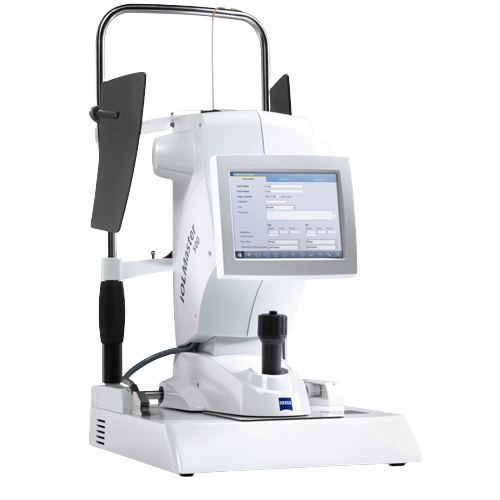
ZEISS OPTICAL BIOMETER-IOL MASTER 500
- To determine accurate measurements of an IOL power before cataract surgery
- Highly accurate and repeatable
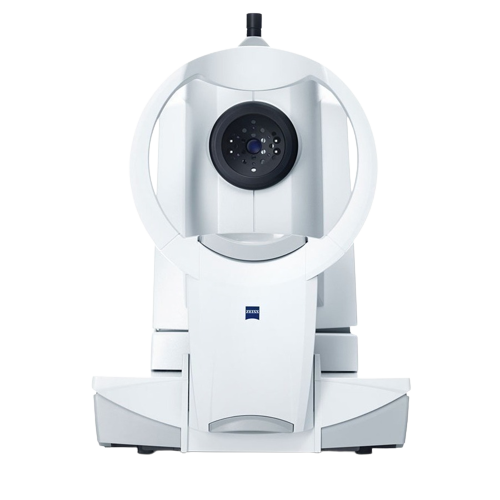
ZEISS OPTICAL BIOMETER-IOL MASTER 700
- State of the art technology for accurate IOL Power Calculations
- Futuristic technology with Extreme levels of Precision
- Rapid Scan Times
- Highly repeatable
- Near Zero Chances of Error
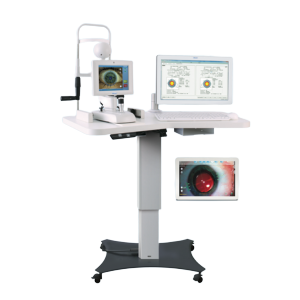
Alcon Verion Image Guided System
- Futuristic Cataract Planning Station for Bespoke Cataract Surgery
- Captures Ultra High Resolution Photographs of The Human Eye to ensure perfect implantation of Premium IOL’s during Cataract Surgery
- Helps in creating a surgical plan for the cataract surgery
- It helps minimize potential sources of error during IOL power calculation for cataract surgery.
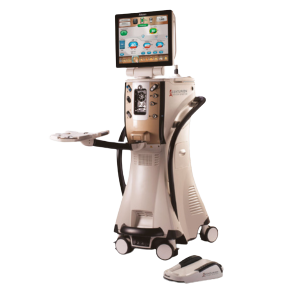
Alcon Centurion Phacoemulsification System with ACTIVE SENTRY handpiece
- State of The Art Phacoemulsification machine Microinvasive Phacoemulsification (Wound sizes of as less as 2 mm)
- Fastest machine to break down and emulsify Cataracts
- Highest safety profile (Least chances of complications)
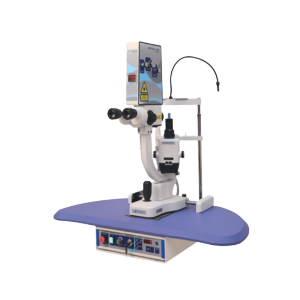
Appa Nd YAG laser
- Extremely precise without collateral damage to other structures
- Used to cut the membranes in the eye that have become thickened after cataract surgery (YAG Capsulotomy)
- Can also be used to make an opening in the Iris in small eye configurations (YAG peripheral iridotomy)
Bladeless Cataract Surgery
The onset is stated as finding the eye-related problem at an early age before they progress into the serious eye- alignments and disorders. This blurred lens can lead to refractive eros and most prominent eye-related conditions like complete or partial blindness. Now, what is bladeless cataract surgery? This is the most advanced and quick cataract cure technology that uses stitchless techniques to reduce the risk of further eye- damage. Hence, if you face any abnormalities in your ocular structure component which is clear and transparent, then bladeless cataract surgery plays a big part in the subject with a happy lifestyle. This is the treatment option that includes natural eye- lens clouding extraction with artificial implantation of an intraocular lens( IOL), laser capsulotomy, or other refractive treatments. Fortunately, the right course of action would be done by Sai Deep Eye Clinic under best accommodated bladeless cataract surgery cost with guaranteed preemptive care.
Phacoemulsification

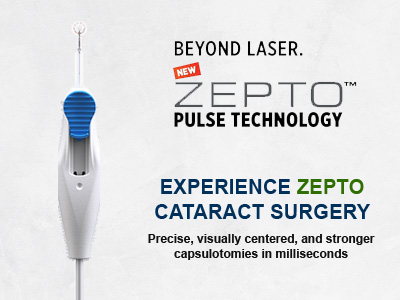
Zepto Cataract Surgery
MICS (Micro Incision Cataract Surgery)

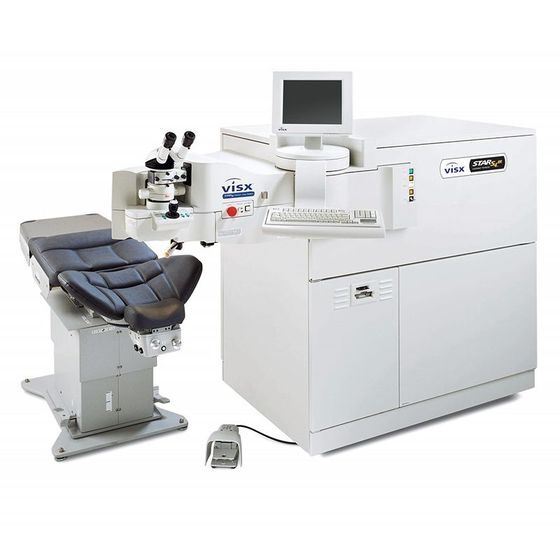
Femtosecond laser-assisted cataract surgery (FLACS)
Eye Lens Types For Cataract Surgery
There are several eye lens options available for lens-clouding eye-related problems, offering different benefits for vision correction and recovery.
- Monofocal Lens- Before deciding on the lens, choose the best eye- clinic for your better and prosperous lifestyle. However, a monofocal lens is a monovision approach that optimizes the vision for the objects at a certain distance.
- Astigmatism-Correcting Lens- This is referred to as a light adjustment or toric lens for astigmatism correction when the surface of the cornea is irregularly shaped. The total astigantion is cured by a cylindrical lens power.
- Multifocal/Accommodative Lens- The multifocal or accomodative lens is regarded as an appropriate decision as after the surgery patients can get back to their normal lives within two days. The procedure reduces the dependency on any other lens.
- Extended depth of focus IOLs- The IOL technology(Intraocular Lens) is one of the best solutions for both presbyopia and hyperopia that starts gradually at the age of 40 years. The range of EDOFs includes Alcon Vivity IOL, Tecnis Eyhance IOL, and Zeiss AT LARA.
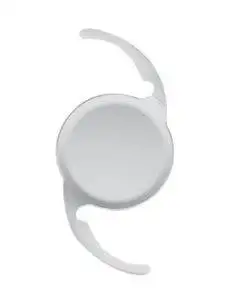
Monofocal Lens
Before deciding the lens, choose the best eye- clinic for your better and prosperous life- style. However, monofocal lens is a monovision approach that optimises the vision for the objects at a certain distance.
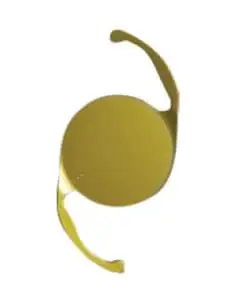
Astigmatism-Correcting Lens
This is referred as a light adjustments or toric lens for astigmatism correction when the surface of the cornea is irregularly shaped. The total astigantion is cured by a cylindrical lens power.

Multifocal/Accommodative Lens
The multifocal pr accomodative lens is regarded as an appropriate decision as after the surgery pateints can get back to their normal lives within two days. The procedure reduces the dependency of any other lens.
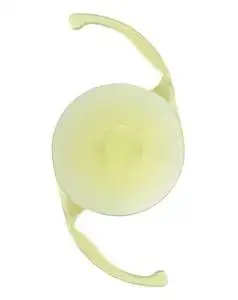
Extended depth of focus IOLs
The IOL technology( Intracular Lens) is one of the best solution for both presbyopia and hyperopia that starts gradually at the age of 40 years. The range of EDOFs includes Alcon Vivity IOL, Tecnis Eyhance IOL, and Zeiss AT LARA.
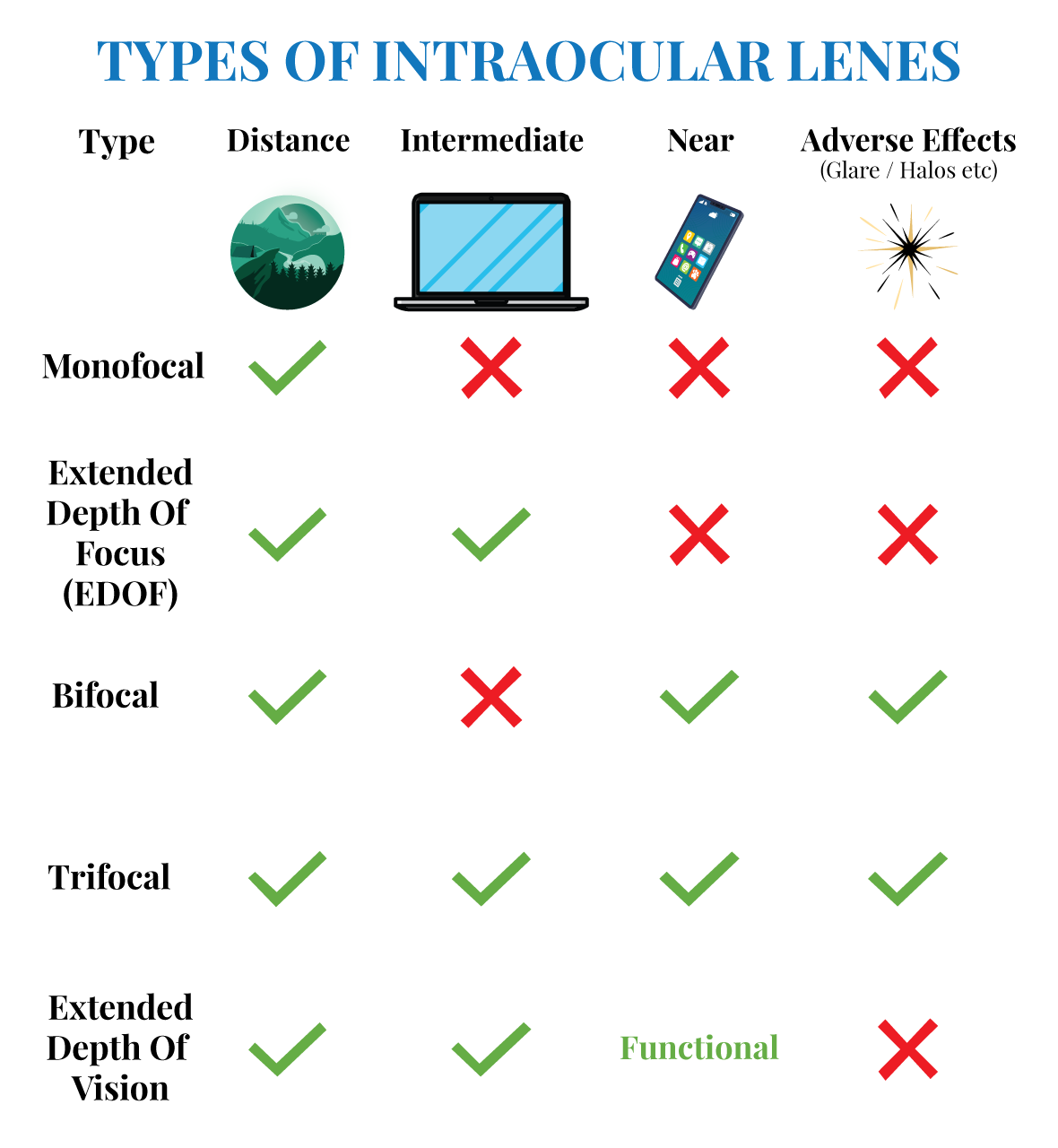
FAQ
Pre Operative Instructions for Cataract Surgery FAQs
It is important to follow all of your doctor’s preoperative instructions. For example, your surgeon may advise you not to drink alcohol for 12 hours before your cataract procedure. Your doctor may also tell you to stop taking other medications or change the timing of your medications before your surgery. You may be given preoperative medications, or eye drops, to help prevent infection. It is also important to get a good night’s sleep before your surgery day.
Please adhere to the instructions for the application of eye drops as prescribed. Only apply one drop to the designated eye and leave at least 15 minutes between each application. Note that you may experience a temporary blurriness of your vision after applying the following eye drops: On the day of the cataract operation please be mindful of this temporary blurriness and take appropriate precautions.
Make sure to bring your prescription medications and preoperative eye drops to the hospital on the day of your cataract surgery. This ensures that you will have them available for use both before and after the procedure.
Unless your ophthalmologist particularly informs you otherwise, it is usually advisable for you to continue taking your regular medicine if you are presently taking it for a systemic illness. Regarding any alterations or precautions related to your systemic medicine for your cataract surgery, your ophthalmologist will assist. To ensure an optimal result for your surgical process and overall health, you must follow their guidance.
Yes, you can shave on the day of cataract-removal surgery. There are generally no restrictions or limitations on shaving before the surgery. However, you may confirm any specific instructions provided by your surgeon or medical team regarding personal grooming or hygiene before the procedure. If you are advised of any specific shaving guidelines given to you, it is important to follow them.
Contact the Cataract surgery best hospital if you don’t want to live with fading vision.
Yes, you are actually recommended to bring one attendant who is over the age of 18 with you on the day of your cataract eye surgery. However, note that children and infants are generally not permitted in the surgery area. The attendant can help you provide support and assistance during your visit to the hospital or clinic.
Yes, it is generally recommended to have breakfast, following your normal diet, before coming for the cataract procedure. However, it is always a good idea to confirm with your healthcare provider or the surgical center if there are any specific fasting instructions or dietary restrictions that you need to follow prior to the surgery. They will provide you with any necessary guidelines to ensure a safe and successful procedure.
It is advisable to wash your hair on the day of cataract surgery as you will not be able to do so after the surgery for about a week. Please note not to apply oil to your hair on the day of surgery. The surgical team will provide specific postoperative care instructions regarding hair washing and other activities to ensure proper healing and minimize any risks or complications.
It is advised to wear loose and comfortable clothing for your comfort during the procedure. Dress in a short-sleeve shirt or blouse that buttons or zips up the front that is easy to slip on and off. This type of clothing will provide convenience and comfort during your visit to the surgical center.
FAQ
Post Operative Instructions for Cataract Surgery FAQs
it is common to have some post-surgery symptoms, including minor discomfort, blurry vision, watering, itchiness, or mild soreness in the eye for a few days. Some patients may feel a sensation similar to having an eyelash or grain of sand in the eye. It is also normal for the eye to appear slightly red after the cataract extraction. Generally, these post-surgery recovery symptoms reduce within 1-2 weeks as your eyes heal and adapt to the intraocular lens implanted by surgery. It is important to follow your surgeon’s post-operative care instructions for a smooth recovery process.
Since it is bladeless cataract surgery, you are unlikely to experience severe pain. Following cataract surgery, it is otherwise okay to take a painkiller as prescribed by your surgeon if you continue to experience pain. If you experience any pain, you can consider taking over-the-counter pain relievers to help alleviate it, alternative medicines like ibuprofen or acetaminophen may be helpful. Still, it’s important to consult with your doctor or go by their particular recommendations on how to manage your pain and take medication following surgery. They will offer advice based on your specific needs and medical history to guarantee suitable and safe pain management.
It is very important that you reach out to your doctor soon if you experience any of the following symptoms following cataract surgery: severe discomfort despite using pain medication, pus discharge, persistent irritation, flashes of light, spots or floaters in your vision, worsening or loss of vision, or increased redness in the eye. Such symptoms might indicate infections or complications that need to be examined first and then treated appropriately. Our team of the best cataract eye specialists in Mumbai at Sai Deep Clinic will look after any post surgery complications with utmost care.
Some patients may experience blurry or double vision for a few days post-cataract surgery. However, 48 to 72 hours after the procedure, the vision will gradually begin to improve. It should
be remembered that one keep in mind that following surgery, the patient may require several months to adjust to the implanted intraocular lens. Your vision might shift over this period as your eyes adjust and stabilize.
Post your surgery, it is suggested to wear protective eyeglasses indoors for a period of 24 hours. These glasses will shield your eyes from any potential harm and irritation during the initial recovery. Necessarily, outdoor protective eyeglasses should be worn for approximately one month after the surgery. These glasses will provide protection from dust, debris, bright sunlight, and other external elements that can hamper your healing process. However, it is advised to remove your glasses while lying down or sleeping to ensure comfort and avoid any unnecessary pressure on your eyes.
After the cataract procedure, it is necessary to rest in a designated recovery area until the sedation or anesthesia wears off. Typically, this recovery period lasts approximately 30 minutes to an hour. Once you receive instructions regarding cataract surgery aftercare, you will be able to leave and go home. It is important to carefully follow the provided post-operative instructions and take any prescribed medications or eye drops as directed to ensure a smooth recovery process.
Consuming food on a light snack is usually permitted following your cataract surgery. For any particular dietary constraints or fasting instructions before the surgery, it is necessary to consult with your surgeon or the surgical center. It is a good idea to bring a lunch or snack for yourself to consume at the hospital if you have diabetes, taking into account your dietary requirements and possible blood sugar control. You can make sure that your cataract surgery is safe and comfortable according to any instructions that are given.
You will have three post-operative follow-up appointments post your cataract surgery. Usually, the first visit will be scheduled for 24 hours following the surgery, the second for one week, and the third for one month post treatment. These consultations are essential for assessing your eyesight, tracking your recovery, and discussing any issues or modifications that may come up.
After undergoing cataract surgery on one eye, it is possible to experience a temporary imbalance in vision between the operated eye and the non-operated eye. This difference in visual clarity or quality can be noticeable during the period between surgeries. However, once the second eye is operated on (typically within 1-4 weeks after the first surgery), your vision should begin to balance out as both eyes recover and adjust. It is important to communicate any
concerns or observations to your eye care professional, who will monitor your progress and ensure the best possible visual outcome.
Best Cataract Surgeons in Mumbai

Dr. Nitin
Balakrishnan

Dr. Nikhil Nitin Balakrishnan

Dr. Pavitra Patel Balakrishnan
Cataract Patient Reviews
eye clinic for both eyes and it was very successful. I have got clear vision and I am very happy with the services.
Ermelinda P Fernandes
services are excellent and would truly recommend this clinic for eye related problems…
agnel paul
surgery. The staff is very helpful and co operative. Even the staff is very knowledgeable regarding the services they provide. More over the doctors Nitin and Nikhil are very humble and very best at what they do. Will definitely recommend my friends and family
Rinisha Smile
Lorem ipsum dolor sit amet, consectetur adipiscing elit. Ut elit tellus, luctus nec ullamcorper mattis, pulvinar dapibus leo.

